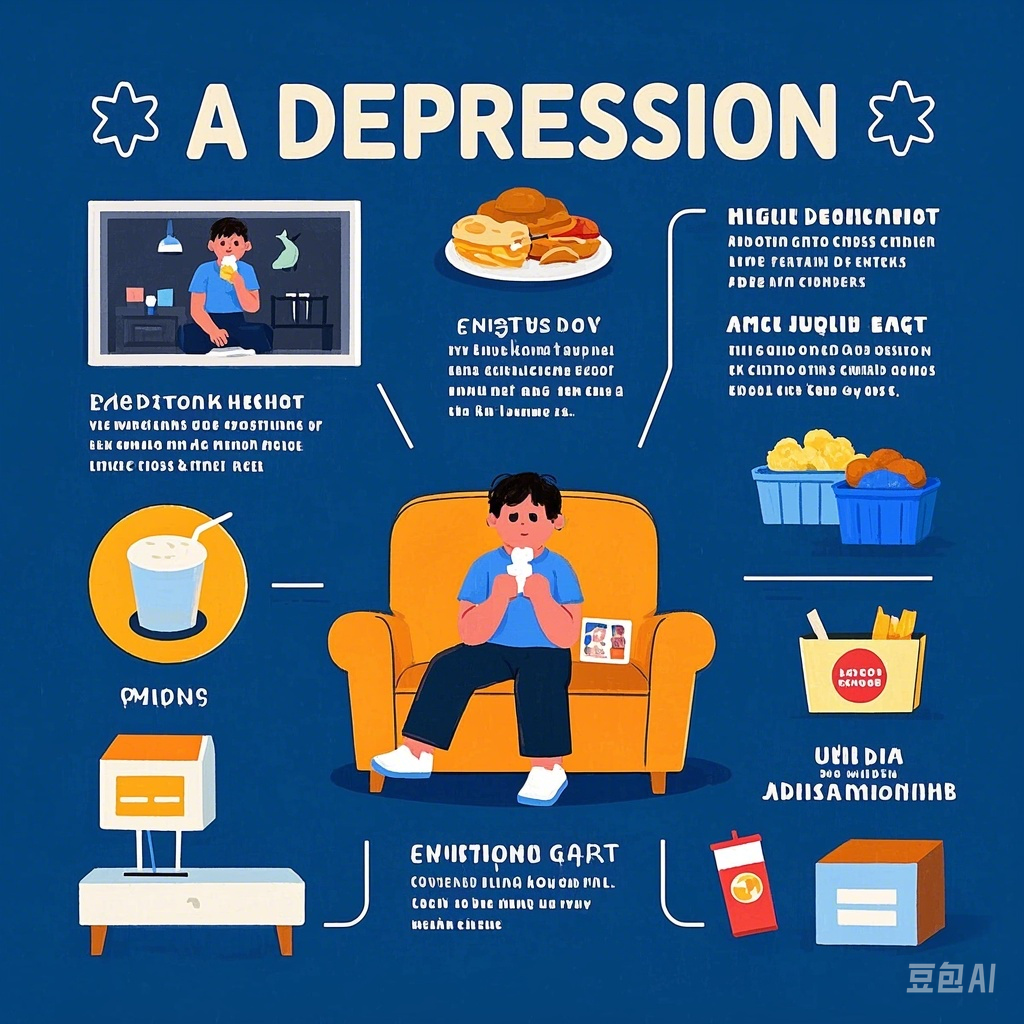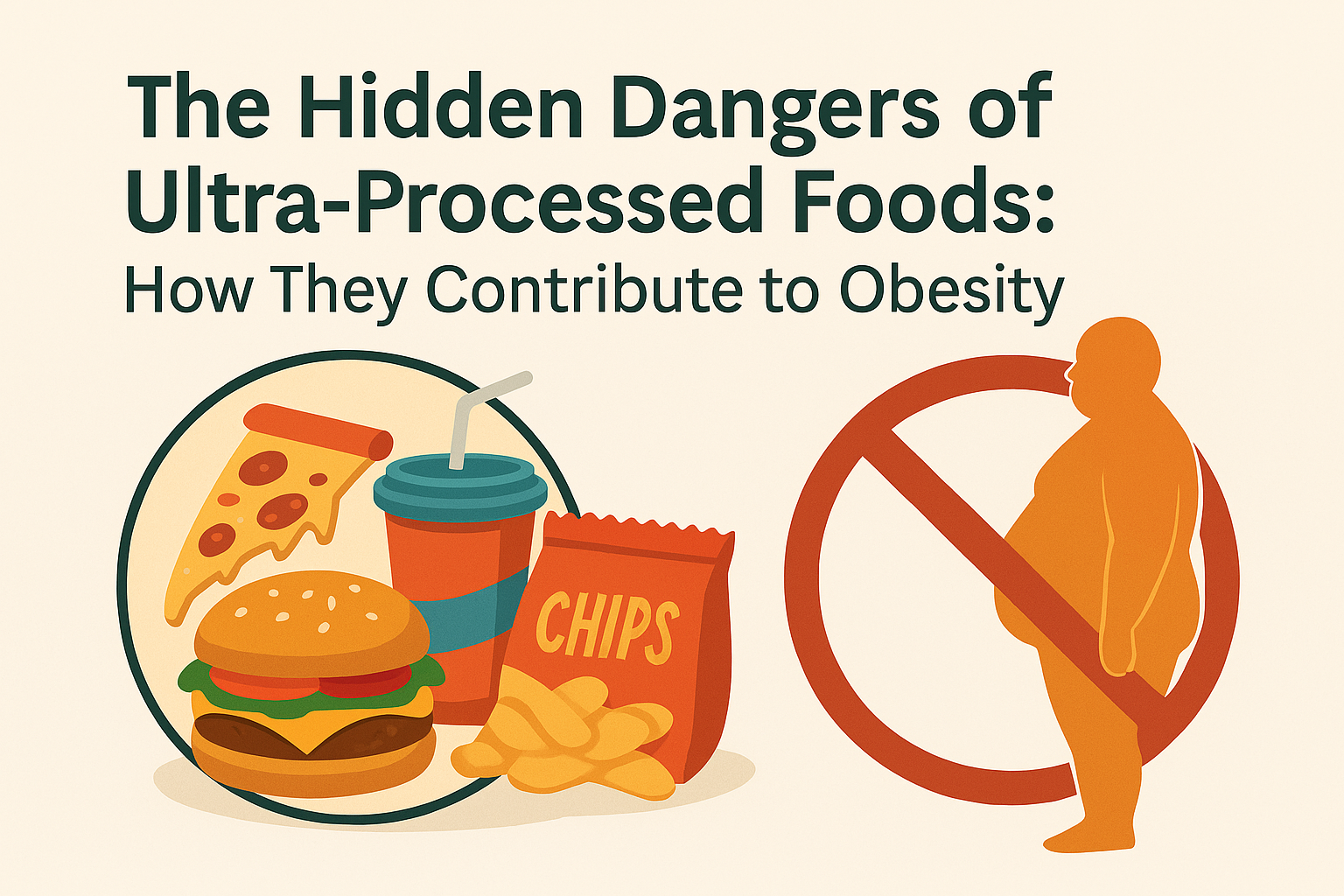Depression in children and adolescents is a growing concern, with potential long-term health risks, including obesity and cardiovascular disease (CVD). One behavioral factor that may contribute to this link is emotional eating, where individuals consume food in response to negative emotions rather than hunger. While emotional eating is well-documented in adults with depression, research in younger populations has been mixed. A recent systematic review and meta-analysis analyzed multiple studies to determine the association between depression and emotional eating in youth.
What Is Emotional Eating?
Emotional eating refers to the tendency to eat in response to stress, sadness, anxiety, or other negative emotions rather than physical hunger. This behavior can lead to overeating, particularly of unhealthy, high-calorie foods, and may contribute to weight gain over time.
Key Findings from the Study
A comprehensive analysis of 37 studies, involving over 26,000 children
and adolescents, found a
moderate positive association between depressive symptoms and emotional eating:
These findings suggest that emotional eating may play a role in the link between depression
and
obesity, raising concerns about early CVD risk in youth.

Why Does Depression Lead to Emotional Eating?
Several
factors may explain why children and adolescents experiencing depression turn to food for
comfort:
How to Manage Emotional Eating in Children and Adolescents
Parents,
caregivers, and educators can play a crucial role in addressing emotional eating and its
underlying causes:
✅ Encourage Open Conversations – Create a supportive environment where children feel
comfortable
discussing their emotions.
✅ Promote Healthy Coping Strategies – Teach stress-relief techniques such as exercise,
journaling, or mindfulness instead of using food as a comfort.
✅ Improve Dietary Habits – Encourage whole, nutrient-dense foods while reducing the
availability
of ultra-processed snacks.
✅ Monitor Emotional Well-being – Be attentive to signs of depression and seek professional
help
if needed.
✅ Establish a Routine – Regular sleep, balanced meals, and physical activity can help
regulate
mood and hunger cues.
Conclusion
This study highlights a significant link between depression and emotional eating in youth, suggesting that early interventions may help break this cycle and reduce the risk of obesity and cardiovascular diseases. While more research is needed in clinical populations, addressing mental health alongside nutrition is key to improving overall well-being.











